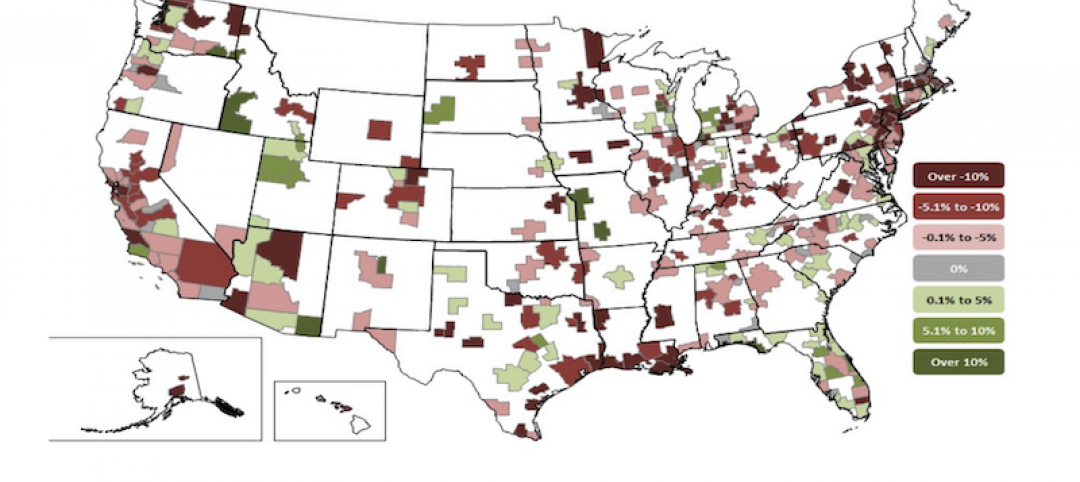The Centers for Disease Control and Prevention issued a report on the Occupational Safety and Health Administration’s review of 20 heat-related enforcement cases from 2012 to 2013. The key finding: CDC supports OSHA’s analysis suggesting that the primary risk factor for heat fatalities is the lack of acclimatization programs.
Of the 13 enforcement cases described in the CDC’s Morbidity and Mortality Weekly Report that involved worker fatalities, nine of the deaths occurred in the first three days of working on the job, and four of them occurred on the worker’s first day. In all 20 cases, heat illness prevention programs were found to be incomplete or absent, and no provision was made for acclimatizing new workers to heat.
Acclimatization is a critical part of preventing heat illnesses and fatalities, and workers should gradually build up workloads and exposure to heat by taking frequent breaks for water and rest in shade or air conditioning, OSHA says. OSHA’s national Campaign to Prevent Heat Illness in Workers raises awareness about the risks for heat-related illness or death and provides tools to help prevent them.
The agency recommends that employers have prevention programs that include oversight, hazard identification, a formal acclimatization program, modified work schedules as necessary, training, and emergency planning to prevent heat-related fatalities. OSHA has a free application for mobile devices that enables workers and supervisors to monitor the heat index at their work sites. For more information and resources in English and Spanish see www.osha.gov/heat.
(http://content.govdelivery.com/accounts/USDOL/bulletins/c8b77e)
Related Stories
Codes and Standards | Aug 31, 2021
Home electrification will require code upgrades
Residential electric panel capacity must be increased.
Codes and Standards | Aug 30, 2021
Facebook’s new $800 million Arizona data center to save big on water
Will restore more than 200 million gallons of water per year to river basins.
Codes and Standards | Aug 26, 2021
California may require solar on new high-rise residential and commercial buildings
State energy commission approves proposal; Could become law in 2023.
Codes and Standards | Aug 25, 2021
Study finds racism, discrimination common in construction industry
NIBS to share best practices with industry leaders to improve worker treatment.
Codes and Standards | Aug 24, 2021
White paper addresses insulated metal panel specifications for roofs and walls
Pertains to provisions of the National Building Code of Canada.
Codes and Standards | Aug 24, 2021
KTGY releases free resource to reduce carbon footprint in multifamily developments
Helps navigate Denver Green Code measures—a series of voluntary codes.
Codes and Standards | Aug 19, 2021
Massive infrastructure bill includes hundreds of millions for building energy efficiency
Funds allotted for updated code implementation, construction technology, K-12 efficiency programs.
Codes and Standards | Aug 18, 2021
Fannie Mae green bonds program could be greenwashing
Analysis shows significant number of green bond properties become less efficient.
Codes and Standards | Aug 17, 2021
Three Texas cities head list of most environmentally vulnerable
Hazard analysis includes natural disasters and government response categories.
Codes and Standards | Aug 16, 2021
Bill would reform New York’s public contracting process
Council on Public Contracting Reform to have contractor representation.
















